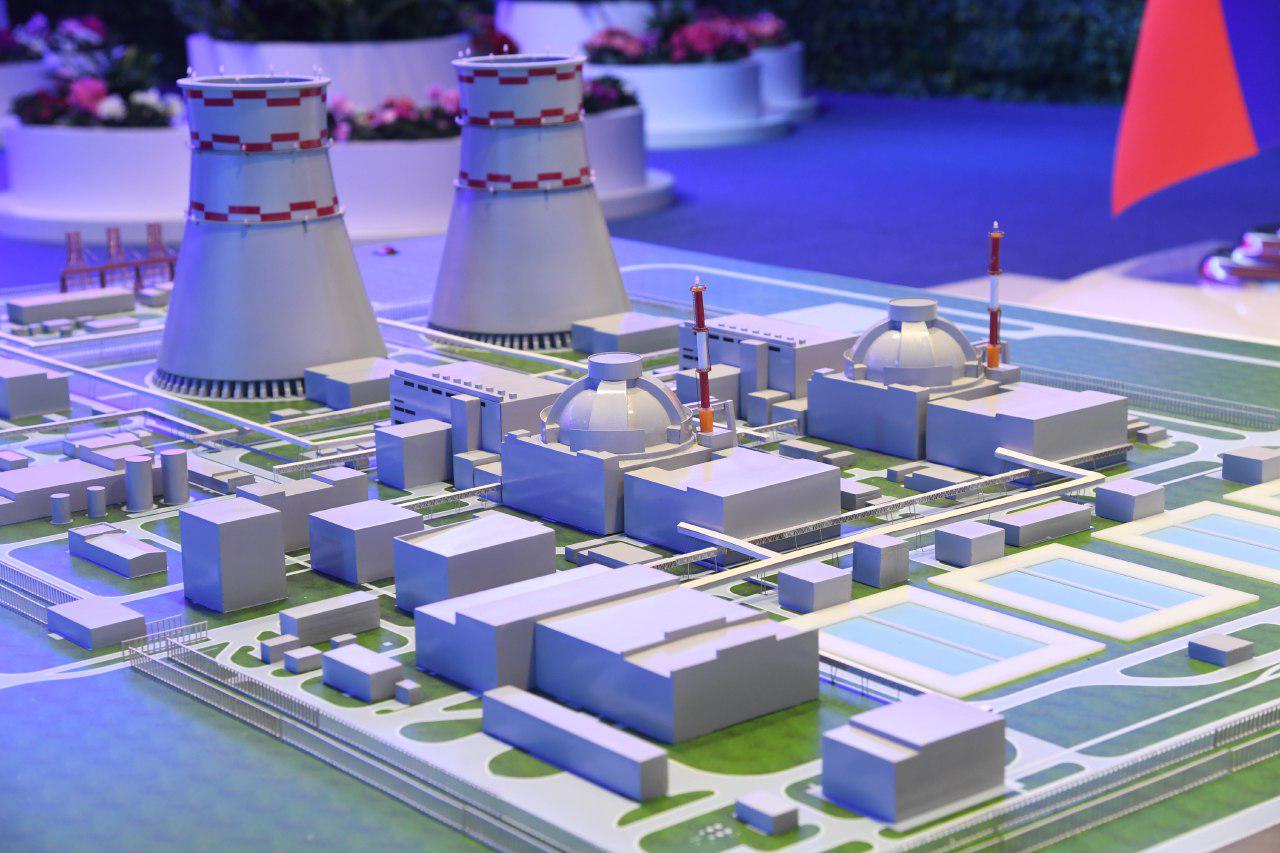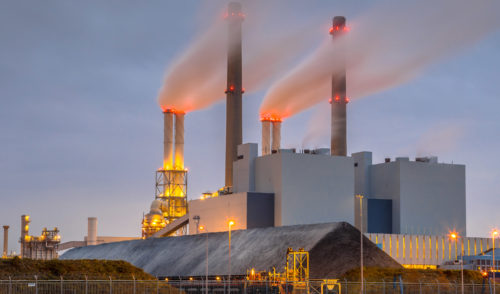
No Go Without Plant
back to contentsThe global energy crisis made many countries consider adding nuclear energy to the energy mix. Uzbekistan scientists are confident that nuclear power is the best source of green and sustainable power. A nuclear station will help the country achieve this goal.
The world has no other way of securing power supply than adding nuclear generation to the energy mix. Any country needs a reliable source of electric power, Kahramon Allaev, a member of the Uzbekistan Academy of Sciences and a specialist in power engineering, said in an interview to the Uzbekistan National News Agency (UzA). “Power supply to steel-making and chemical plants should not be cut off even for a second, otherwise they will suffer great financial losses. Optimal sources of baseload power are combined-cycle gas turbines and nuclear stations. Notably, a nuclear power reactor can function for about 60 years in a row without fail. This is what the industrial sector needs,” Kahramon Allaev explains. Wind and solar cannot provide the same amount of electricity due to the intermittent nature of renewable generation. Besides, these sources can be more expensive because they need to be backed up by high-capacity storage systems.
Kahramon Allaev reminded that many countries revised their national nuclear energy programs. Belgium has decided to postpone the decommissioning of some of its nuclear reactors; Japan is restarting its shutdown reactors, and France has announced extensions of its operating power units and plans to build six new reactors.
“Even if a power generation facility looks more expensive in terms of initial investments, its actual costs will be different in a few years’ time. For example, the cost of wind and solar power will grow while the cost of nuclear won’t. This is because the renewables require additional expenses for maintenance and repair quite soon. As for nuclear, uranium costs have almost no influence on the cost of electricity, and the generation capacity of a nuclear power plant does not change throughout its service life,” Kahramon Allaev explains. He stressed that a combination of nuclear and renewables laid a foundation for the development of low-carbon economies.

Development of the nuclear sector always means progress in national science and technology. Uzbekistan scientists plan to participate in the research program for the world’s most powerful fast neutron research reactor MBIR which is now constructed by Rosatom in Russia. Commissioning of the reactor is scheduled for the second half of the 2020s. Its unparalleled capabilities enable conducting a wide variety of studies and broaden the spectrum of available experiments manifold (the higher is the neutron flux it generates, the faster is the goal of irradiation experiments achieved). An international research center will be established on the premises of MBIR to enable researchers from other countries to conduct necessary experiments.
As Ilham Sadikov, Director of the Uzbekistan Academy of Sciences Institute of Nuclear Physics, said in an interview to the Narodnoye Slovo web portal, fabrication of radioactive isotopes and production of radiopharmaceuticals are the well-developed areas of applied nuclear physics in Uzbekistan. “Neutron flux density in MBIR is 40 to 60 times higher than in our research reactor VVR-SM. The isotopes that we produce in our reactor for 15–20 days can be obtained much faster in MBIR. Besides, there are radionuclides that we cannot obtain in our reactor. Using MBIR, we plan to employ our proprietary technology to produce new kinds of radioisotope products,” Sadikov said. According to the scientist, another area of cooperation is radiation material science, namely the study of certain radiation-resistant materials. MBIR makes it possible to conduct high-flux and fast-neutron experiments and discover new properties of the materials in question. The third area comprises theoretical nuclear physics and, in particular, astrophysics. “MBIR will help us study nuclear reaction processes in stars and verify calculations made by our theoretical physicist,” the scientist concluded.




